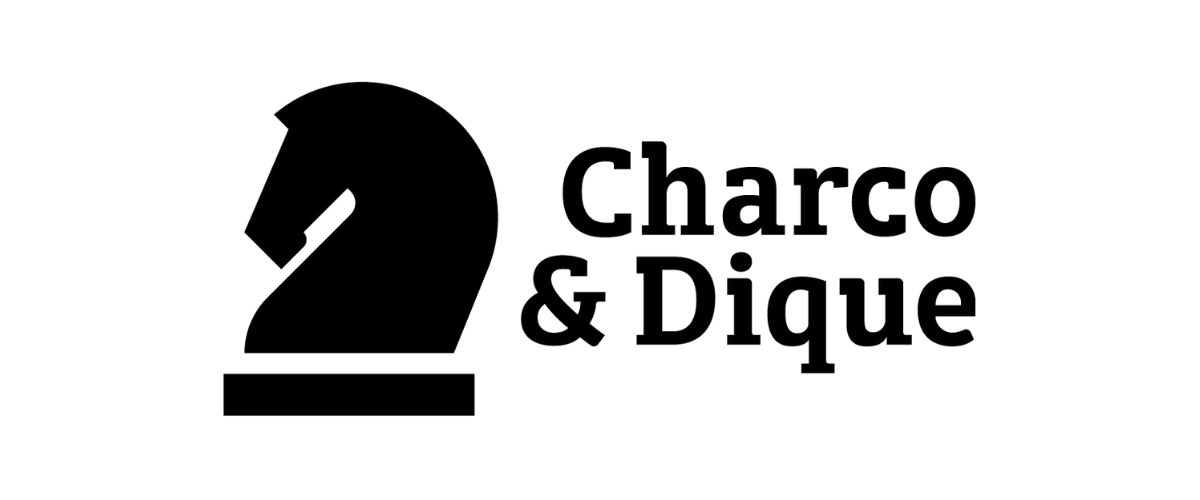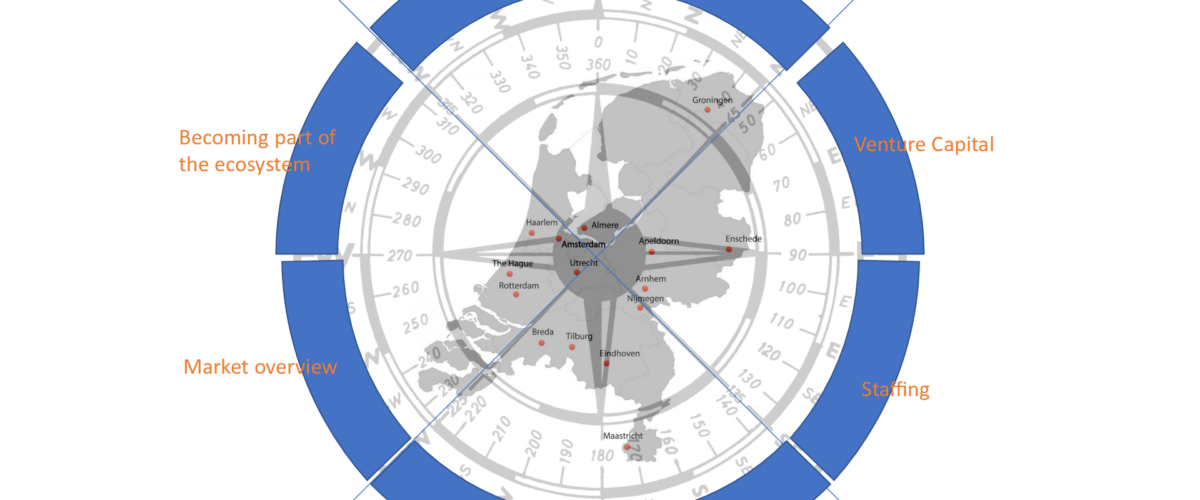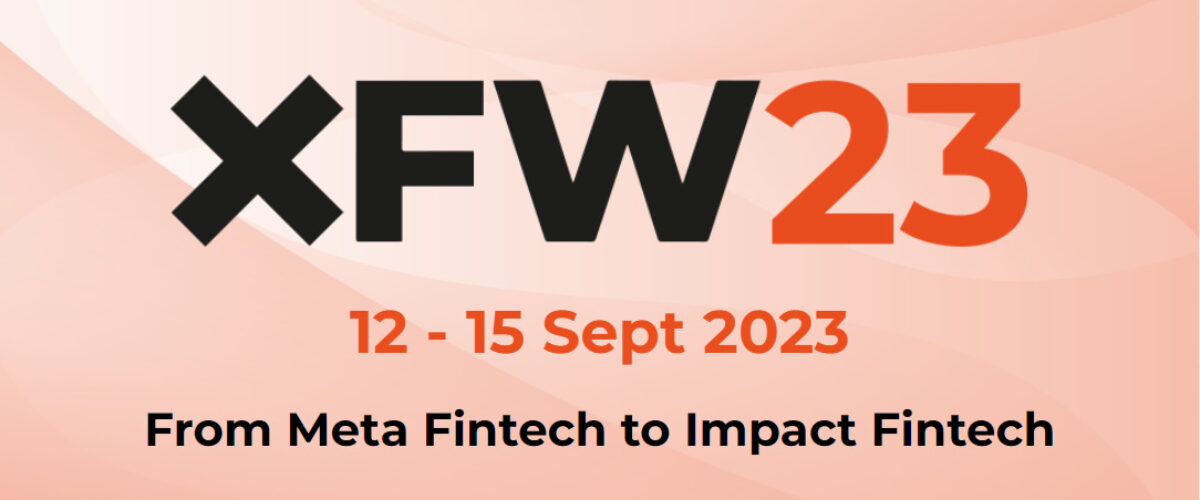Will 2022 be the year of European crypto regulation? In September 2020, the European Commission (EC) published a proposal for the Markets in Crypto Assets Regulation (MiCA). The regulation has been under consideration since. On 24 November 2021, however, the European Council adopted its position on MiCA. This means the Council and Parliament will now enter trilogue negotiations on the proposals. Once a provisional political agreement is found between their negotiators, both institutions will formally adopt the regulations.
MiCA is part of the EC’s ‘Digital Finance Package’ and (together with the Regulation on ‘a pilot regime for market infrastructures based on distributed ledger technology’) the following objectives:
- Creating an appropriate level of protection for consumers;
- Creating legal certainty for crypto-assets;
- Providing the ability to use distributed ledger technology (DLT) and crypto-assets within the financial market; and
- Providing financial stability.
”The MiCA Regulation provides a European legal framework for crypto markets,” explains Rhodé Betting, consultant at Charco & Dique. ”Crypto-assets that are currently still outside the scope of European and national regulation, such as ‘payment tokens’ and ‘utility tokens’, will fall under the provisions of MiCA once it comes into effect. This means that they will have to comply with certain legal obligations and may need a regulatory license. This license is slightly different from the current registration regime for crypto service providers.”
Changes compared to the current registration regime
Although the MiCA Regulation is stricter than the current registration regime under the Wwft, MiCA also offers advantages, according to Betting. ”The Regulation provides a level playing field for all crypto service providers within the EU and improves the competitive position of crypto service providers based in the Netherlands. The reason for this is that - in practice - DNB acts as a relatively strict regulator within the registration regime for crypto service providers, unlike regulators in other European member states.”
Moreover, a license under the MiCA Regulation can be ‘passported’ to other EU member states. This is not yet possible within the current registration regime. This offers Dutch crypto service providers the opportunity to create a larger market for themselves. Betting: ”Therefore, crypto service providers should get started on their license application well in time. This way they can make optimal use of the ‘first mover advantage’ compared to other European and Dutch crypto service providers.”
Scope
MiCA defines three different types of crypto-asset issuers and seven different crypto service providers. Providers of one or more of the following services are covered by MiCA Regulation:
- Providing advice on crypto-assets (personalized recommendations to a third party regarding transactions in crypto-assets and the use of crypto services);
- Receiving and executing orders in crypto-assets;
- Placing crypto-assets in the market;
- Services in which orders in crypto-assets are settled by third parties;
- Services in which crypto-assets are managed in custody;
- Services in which a trading platform for crypto-assets is operated;
- Services in which crypto-assets are traded against fiat money or other crypto-assets.
Applying for a license
For crypto service providers covered by the MiCA Regulation, there is work to be done. They need to apply for a license in time to operate as a crypto service provider (or to continue their current business activities). ”To obtain such a license, service providers must meet more conditions than with registration under the Wwft,” Betting explains. ”For example, there is a strict separation between client funds and the service provider’s equity and an equity requirement of at least €50,000.”
Want to know more?
Charco & Dique can help you with the preparations for a license application and the application itself. Are you unsure whether your business activities will be in scope of the MiCA Regulation? Or are you curious about the impact such a license will have on your current business operations? As specialists in the field of crypto services, we would be pleased to tell you more about the MiCA Regulation and its impact on your business. Read more about obtaining a regulatory license here.



